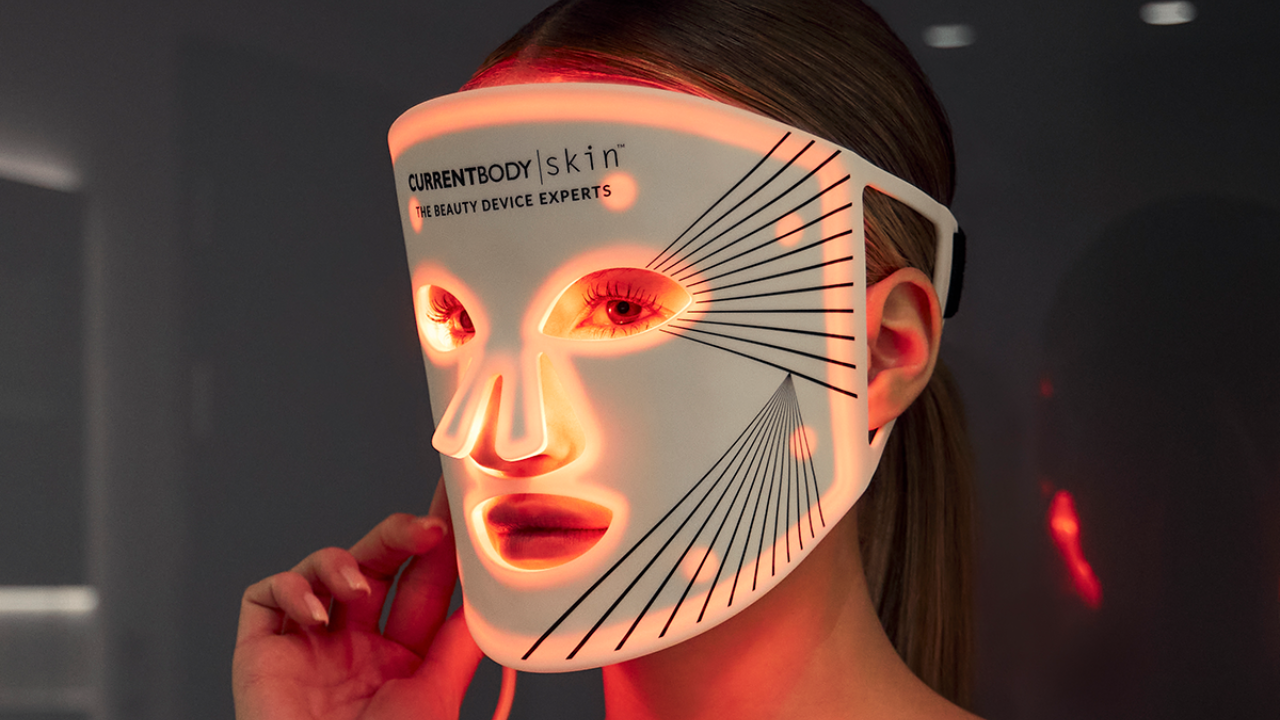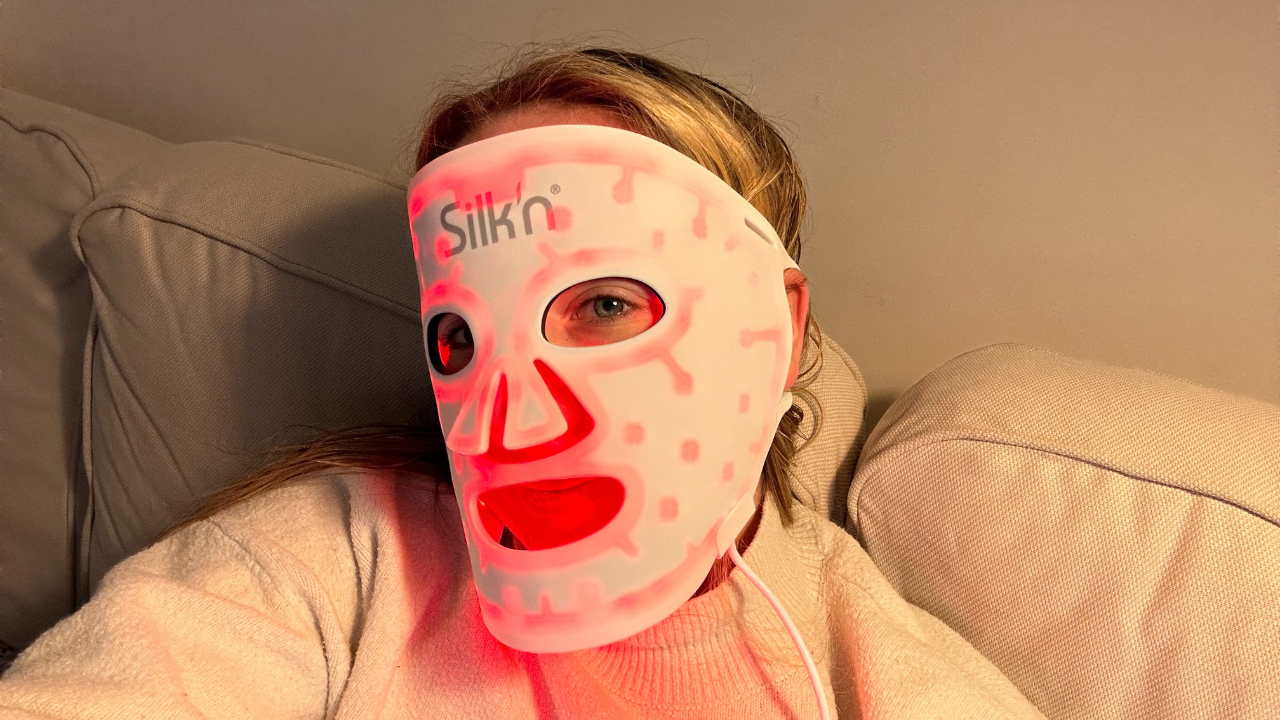The truth behind LED face masks: are they safe and do they actually work?
Sceptical of the LED face mask trend? Here are my thoughts


With a recent rise in popularity, the best LED face masks have been stirring up a lot of controversy. If you haven't tried an LED mask before, you've probably at-least seen one in action. It's a device that uses LED light therapy to leave its user's skin looking and feeling rejuvenated, often making an appearance in spas and dermatology clinics. Yes, they may look like a Stormtrooper’s helmet, but the reviews are seriously impressive.
However, no matter how many people recommend an LED face mask, there's still a question over how effective they really are. With this in mind, I've decided to explore the topic further, with the intention of shedding light on how they work and what benefits they have.
Are LED face masks safe?
As mentioned, there's a significant amount of controversy surrounding the use of LED face masks. However, a 2018 study found no adverse effects after using an LED device, and most experts agree that they're safe to use on skin. However, it's still extremely important to purchase an LED face mask that's FDA-approved and has a strong amount of reviews, such as the Omnilux Clear.
It's important to note that if you’re constantly exposing yourself to LED light, it can damage the eyes, leading to irritation and a possible change in vision. For this reason, it's recommended not to overuse an LED face mask, and if you have existing eye conditions, speak to your GP first.
How do LED face masks work?
LED face masks work by omitting varying light wavelengths that penetrate the skin and are subsequently absorbed by the skin’s receptors. As the wavelength increases, so does its depth, meaning the skin absorbs more light further into its layers. This process stimulates collagen production, diminishes fine lines and wrinkles and is also known to reduce signs of ageing. It's no wonder they're so popular!
How often should you use an LED face mask?
Treatment plans vary with each mask, but it's generally recommended that you shouldn’t be using your mask more than four times a week, and for more than 15 minutes at a time.
For example, when I reviewed the Silk'n LED Face Mask 100, the treatment plan changed throughout the four weeks. In the first week, I was using the mask once every three days, for 10 minutes at a time. By the last week, I was using it every other day for 15 minutes. I started seeing results after the second week, proving that overusing it was unnecessary.
Get all the latest news, reviews, deals and buying guides on gorgeous tech, home and active products from the T3 experts

Which LED colour should you use?
There are seven different colour settings when it comes to LED light therapy, but some masks will only have a few. Each colour targets a specific skincare concern, so make sure you research this before making any purchases.
Red Light: helps to stimulate collagen to refine and strengthen the skin. It also improves blood circulation, therefore plumping the complexion.
Yellow Light: helps reduce redness and soothe dry, sensitive skin. Perfect for post-sun-exposure.
Blue Light: powerful anti-bacterial properties which help decongest and clarify the skin. Ideal for tackling bacteria-induced acne and normalising oil production.
Green Light: reduces the appearance of hyperpigmentation, uneven skin patches and dark spots. Also good for brightening a dull complexion.
Purple Light: anti-inflammatory properties, making it ideal for treating the ageing process.
Do LED face masks actually improve your skin?
However sceptical you may be when it comes to LED light therapy, there's no doubt that it does work. In my opinion, most of controversy generated is due to LED devices now being available to consumers at home. Many people assume this means they have low credibility, especially when it comes to anti-ageing features. However, just because they're safe enough to use at home doesn't mean that they're any less effective.
As a beauty tech reviewer, I've tested a variety of skincare gadgets, including LED devices. My skin is on the sensitive side, so I'm always careful to do my research first and leave enough time between testing products. With each LED device I've used, I have noticed an impressive difference when it comes to my complexion. When used consistently and correctly, the effects can be seen within three to four weeks, and sometimes as early as the second week.
Hopefully this guide will show you that LED face masks and other devices are worth the money, especially if you're looking to target specific skincare concerns. Have a read of our best LED face masks guide to choose one that works for you.
Before you go, check out these 7 mistakes everyone makes with LED face masks.

Lizzie is T3's Home Living Staff Writer, covering the latest in smart home, lifestyle and beauty tech. From skincare gadgets to vacuum cleaners, she's your go-to for trends and top recommendations.
When not writing, Lizzie enjoys mooching around Bath, spending time with loved ones, or testing her review units – often during an enthusiastic cleaning spree!